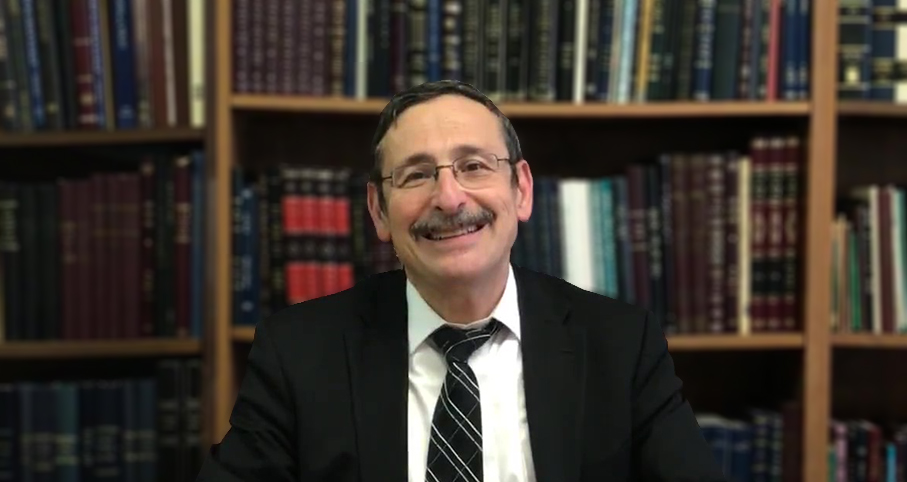Beit Midrash
- Torah Portion and Tanach
- Vayikra
- Emor
It is interesting to note that the Torah in this week’s parsha lays down many rules about the actions and behavior of the kohanim as regarding their own personal lives. Apparently, nowhere does the Torah deal with public policy issues and the national direction that the kohanim are to lead the people of Israel in. The Torah assumes that people who behave in a holy and correct fashion in their own personal lives will benefit from Divine intuition and aid when it comes to making vital decisions about public policy for the Jewish people. Shimon HaTzadik saved the Jewish commonwealth of his day from destruction by Alexander the Great though successful and clever negotiation. The Tzadik bested the Great in that encounter. That is why throughout Tanach we find the leaders of Israel judged not so much by their public persona and public policy decisions, by their wars and victories and reverses, as much as by their private behavior and interpersonal relationships and actions. In the blessings of the Haftorah reading we state that the Lord gave us "good prophets" - people of personal worth and integrity, of honesty and morality and correct Torah behavior. Bad people are disqualified from being our true prophets. There are no perfect people so there cannot be any perfect leaders either. Yet, the Torah demands of the kohanim a constant striving for holiness and self-improvement. It therefore prescribes a regimen of behavior in personal life that will aid the kohein in that quest for holy self-fulfillment.

























